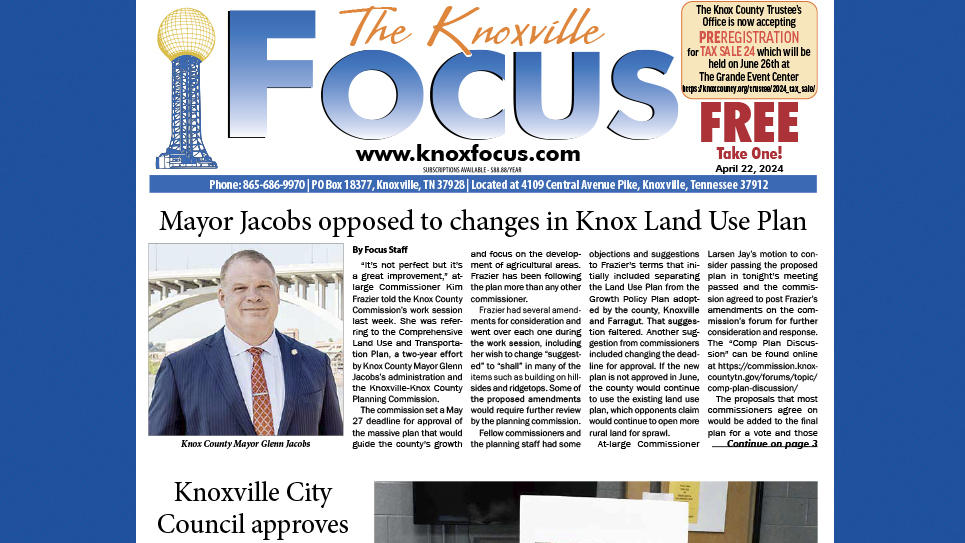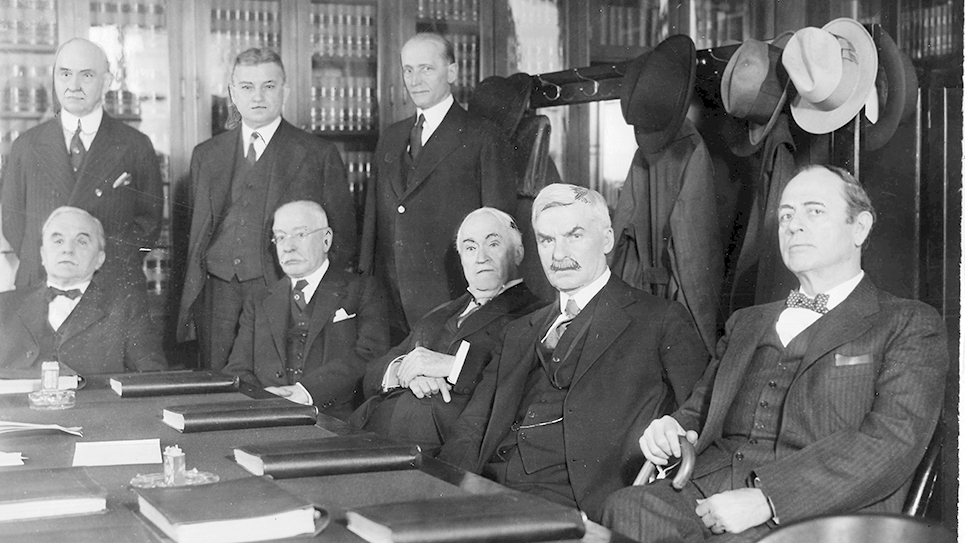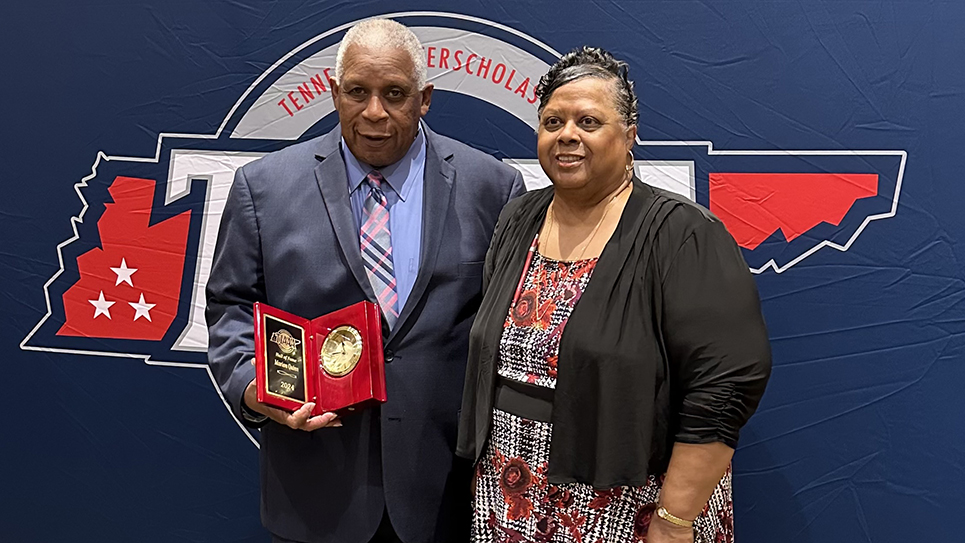In the lazy month of July, when teachers should be relaxing and taking a well-deserved break from thinking about school, a record number of KCS teachers are racing to meet the July 21 deadline to file grievances with Knox County Schools.
Why? Record numbers of KCS teachers received very low scores (1s and 2s) on their TVAAS score. The TVASS score comprises part of the teacher effectiveness rating – most of the remainder is based on classroom evaluations.
The TVAAS score is the statistical manipulation of taking a child’s past test score, predicting the future test score, and then comparing how the child actually scores the following year. If there is a difference in the predicted score and actual score, that is thought to be attributable to the teacher or the school, and thus, a valid evaluation criteria for teacher effectiveness.
You don’t have to be a statistician to see the fallacy in that.
Reports are that TCAP scores were less than stellar this year. The state delayed the release of TCAP “quick scores” to allow “post equating,” which resulted in the test scores not being included in student grades for the semester. Does anyone really trust the validity of the scores?
The state adopted the TVAAS score into the teacher evaluation model so that there would be justification for merit pay with Race to the Top grant money. But very few understand the “secret” method by which the scores are calculated, creating a system whereby the teacher cannot defend themselves. Several KCS teachers have filed lawsuits against the TVAAS based evaluation model.
What does getting a “1” on a TVAAS score mean for a teacher? It means that the teacher will receive a “conference of concern” letter. It means they will receive four evaluations the following year, instead of two. It means that they may be assigned an “instructional coach.” And in some schools, at least, it means they are not able to work on extended contract, teach summer school, or serve as lead teachers – all of which give teachers a means to earn additional money.
More than one teacher mentioned possible effects on teacher licenses. “Also, because you have an effectiveness rating of 1, your professional license will be downgraded to apprentice status on the Randa site. You must complete the 4 evaluations before it is changed back,” and, “I thought there was legislation passed protecting licenses from TVAAS.”
A veteran teacher lamented, “I have spent 20 years building a very good professional reputation. Now, after one test, I’m suddenly labeled ineffective, will have double the evaluations, and will be assigned a coach. Odd, since I was recently asked to apply for lead teacher, instructional coach, and even an assistant principal position!! Oh the irony!”
Another teacher confided, “It’s true! Last year I had a 4.37 for my evaluations but a 1 on my TVASS (I was a Language teacher, not to mention I had one of the highest exit rates) and I received a conference of concern letter, 4 evaluations, and an instructional coach this year.”
Knox County, do you have any idea how much this flawed evaluation system is costing us? How many additional staff will KCS hire to conduct double the number of evaluations? How many more “coaches” will be hired?
And how does this affect student learning? Probably not at all. These teachers are still highly effective, based on classroom evaluations.
As another teacher commented, “there is a complete lack of anything even resembling logic in situations like these, when evaluations scores are excellent, yet the solution for low TVAAS scores is to increase the number of evaluations?!? It is like KCS does not assign any validity to their evaluation process.”






